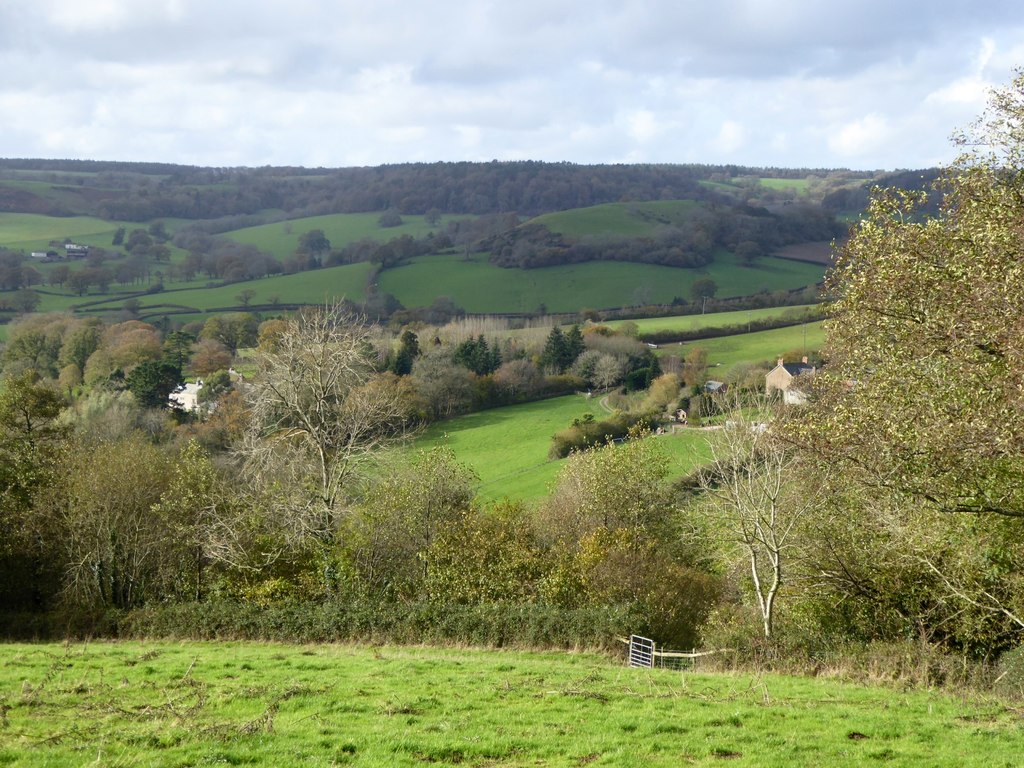Valuing our natural resources and the ecosystem services they provide
.
Can you put a monetary value on nature? If not then how do you assess its value?
.
There have been various ideas around which have tried to deal with this:
Futures Forum: Environmental Economics
Futures Forum: Biodiversity offsetting “quietly dropped”
Futures Forum: Sidmouth Arboretum: The Value of Trees
Futures Forum: TEEB: The Economics of Ecosystems and Biodiversity
Futures Forum: “Environment is a key part in the fabric of economy”
.
Including from these news pages:
.
And there have been various events and project to try and address the issues:
.
The Sid Valley has a fair amount of ‘natural capital’:

The view looks across the Roncombe valley and towards the valley of the River Sid beyond the ridge
Roncombe valley © David Smith :: Geograph Britain and Ireland
.
There have been new developments in the last weeks – and property agents Savills are offering their clients some advice:
.
Spotlight: Natural Capital
New income streams and emerging markets are developing as the demand for ecosystem services increases
NATURAL CAPITAL: PROTECTING AND ENHANCING RURAL ASSETS
Natural capital is gaining increasing traction as a theory and a practice influencing how land is managed in the UK. For farmers and land managers, the important element is not so much natural capital itself, but the value of the ecosystem services that the land can provide. This report focuses on some key areas where natural capital thinking is creating new income streams, as well as looking ahead to emerging markets for ecosystem services.
Natural capital can be understood as the world’s stock of natural resources – earth, air, water and all the components that are linked with them, such as trees, minerals and peat bogs to name but a few. The asset value of UK natural capital is estimated to be nearing £1 trillion (ONS 2019).
These natural assets have not typically been recorded on balance sheets at either national or business level, which has led to them being undervalued in financial decision making. Increasing political urgency around the effects of climate change and biodiversity loss has led to growing concern over environmental stewardship. Future government policy will be assessed against natural capital principles and so it is important that, as landowners and managers, we understand the concept and the opportunities it brings.
Natural capital can be used to deliver ecosystem services to benefit society. Ecosystem services include the sequestration of carbon by trees and soil, the filtering of water, the health benefits of public access to green space, the wildlife conservation of habitats with high levels of biodiversity and the flood prevention provided by flood plains and peatland.
Payments for ecosystem services are made to the ‘manager’ of the natural capital to provide the ecosystem service. Many services are currently provided without charge, but we expect that as public money for public goods and the polluter pays principles become more established so will the demand for ecosystem services and the development of an associated market.
Opportunities to deliver these services to third parties take various forms:
- Environmental Land Management Scheme (ELMS) was proposed in the 25 Year Environment Plan and mandated in England in the 2019 Agriculture Bill. This scheme is intended to replace the Basic Payment Scheme of the Common Agricultural Policy. ELMS is founded on the principle of public money for public goods – a natural capital valuation approach. The payments are likely to include money for improved air, water, rich habitat biodiversity and soil quality, carbon sequestration, public access to the countryside and measures to reduce flooding.
- Private environmental agreements have been pioneered by water companies and planning authorities who have worked out that it is more cost-effective to pay land managers to alter management techniques in order to avoid pollution that is difficult or expensive to remove later. We are expecting flood alleviation and prevention schemes to become more prevalent and offsetting agreements to increase as the polluter pays principle gains political traction. These agreements are highly location specific, so landowners will need to understand who locally may benefit from the services they can supply.
…